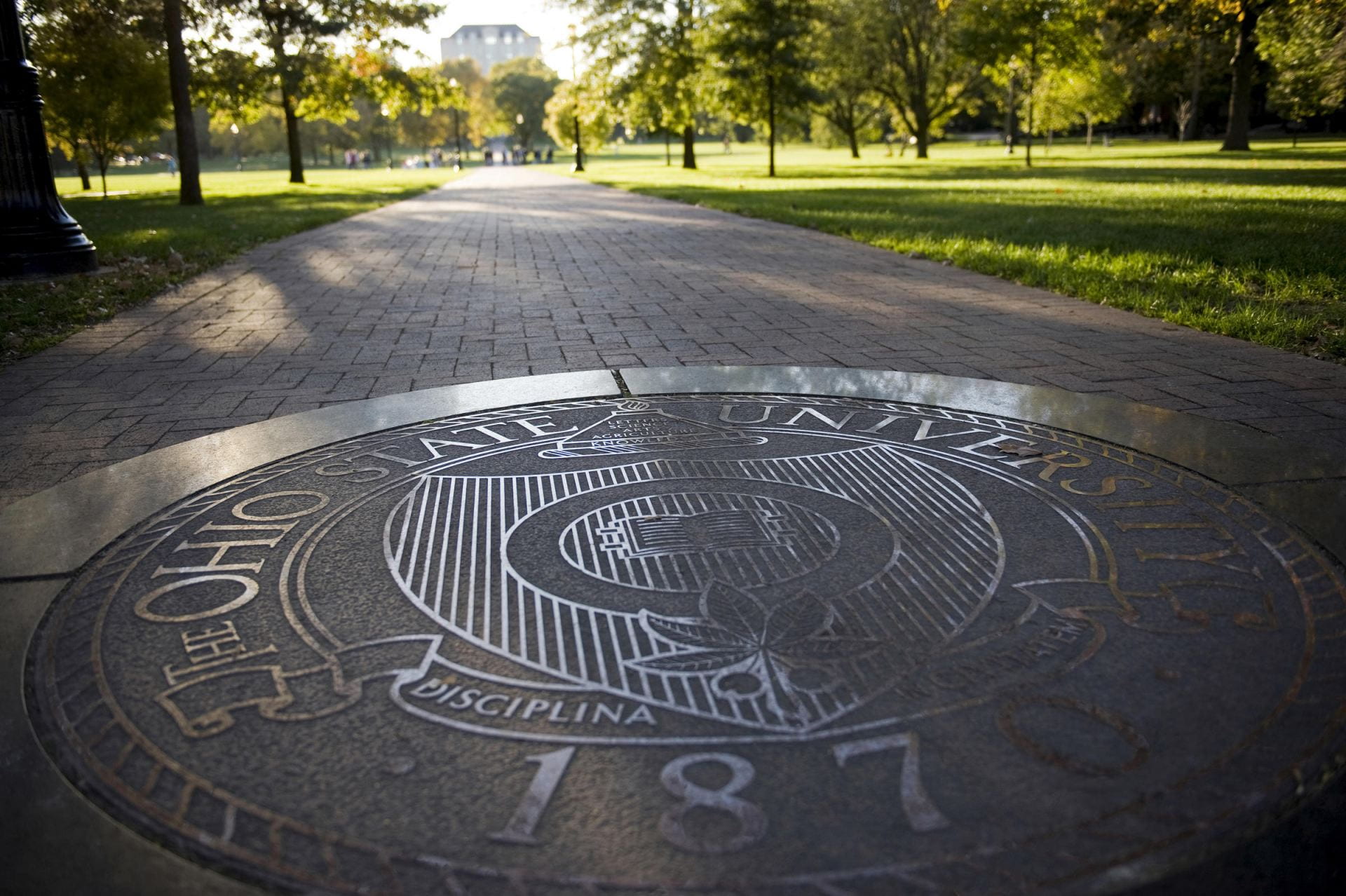Jesse Owens is set to be honored through a special screening of “Race,” a biographic film about the legendary Buckeye who is best known for his performance in the 1936 Olympic Games in Berlin, where he won four gold medals in front of Adolf Hitler.
The advanced screening of the film is set to take place at 7 p.m. on Monday at the Mershon Auditorium inside the Wexner Center for the Arts. Tickets are free and available on a first-come basis, one per BuckID at D-Tix.
Ohio State vice president and athletic director Gene Smith said he is excited to have the special screening of the film at OSU, as it will allow his fellow Buckeyes to continue Owens’ legacy on campus.
“His legacy is so significant because it’s not just about sports, it’s about his effort to socially impact our society and our world,” Smith said. “For him to go to a place (like Berlin) where he was unwanted and people of color were less than anybody else — for him to go out there and compete on that stage and perform in front of Hitler — wow.”
University President Michael Drake said in an email that it is fitting for the showing to be held at Owens’ alma mater, where he still holds the record for the outdoor 100-meter dash.
“It is also an important opportunity for us as a community to come together and reflect on his life and legacy,” Drake said. “The intense racial divide in this country limited his access to opportunities — meaning, among other things, he could not reap the professional benefits that our most celebrated athletes do today. This aspect of his legacy reminds us of how far we’ve come, and that there is much more room for us to grow as a more just and inclusive society.”
During the time he was enrolled at OSU, starting in 1933, Owens faced instances of discrimination on a regular basis. Owens was not allowed to live in a residence hall because of his race, nor was he able to eat at any restaurant on North High Street, according to library records at OSU. Ironically enough, Owens wasn’t allowed to even watch a film inside the nearest theater.
“His reaction to the discrimination that he encountered was really a demonstration of his character, and he focused on being the best at what he could be at what he could do — and ultimately that was track,” Smith said. “That’s a pioneer’s way in my view. He broke down a lot of barriers and because he was so successful in what he did, he lived to interact with a lot of people and ultimately probably changed some views about African Americans. There (are) a number of pioneers in our history through sport who had a major impact, and he certainly is at the top of the pyramid in that regard.”
Since his triumph at the Berlin Olympics, “The Buckeye Bullet” has been enshrined in Buckeye history. OSU awarded Owens an honorary doctorate of athletic arts in 1972 and named several campus recreation centers in his honor in 1976. Jesse Owens Memorial Stadium was dedicated to him in 2001, and OSU revealed a statue of his likeness outside the stadium in spring 2011.
Stephan James, who plays Owens in the film, is anticipated to attend the screening of the film at OSU, according to Amy Murray, assistant director of communications at OSU. Owens’ family is also slated to be in attendance for the screening. Additionally, 250 of OSU’s student-athletes will be in attendance for the premiere.
The film details Owens’ background while attending OSU and will display scenes from inside Ohio Stadium, where Owens competed as a Buckeye for three years.
“Race” is then set to be released in theaters on Feb. 19 nationwide, and the trailer can be viewed here.


